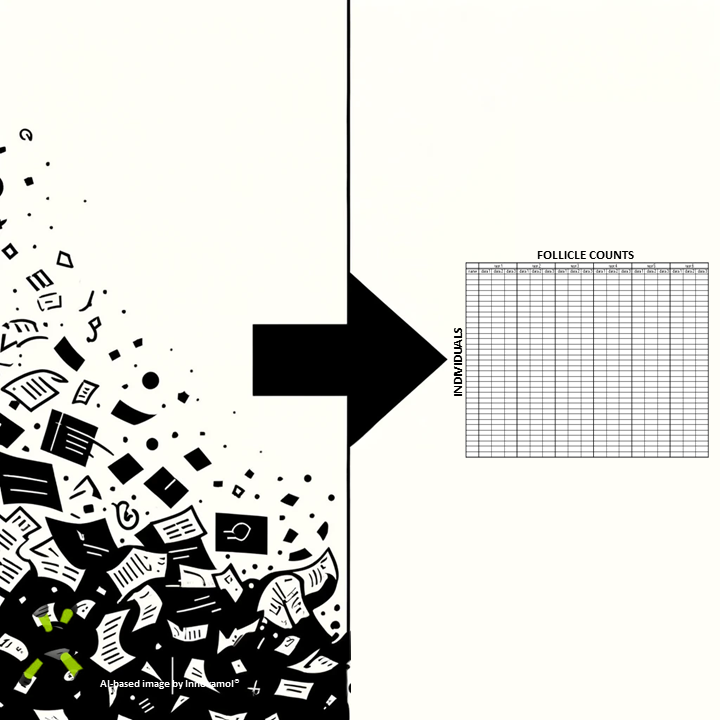The Extended One-Generation Reproductive Toxicity Study (EOGRTS) represents a crucial aspect in toxicological research, providing detailed insights into the generational effects of chemical substances on reproductive health of mice and rats. These studies, conducted under the guidelines of OECD’s protocol 443, are vital for assessing potential hazards and ensuring public safety. As science evolves, it is fundamental to make an effort to ensure that data collected from these studies are gathered and managed in the best possible way.
At Innovamol we collaborated with the European Chemicals Agency (ECHA) to create a report where a comprehensive evaluation of 55 EOGRTS was conducted. For this purpose, we undertook two different projects, aiming to the extraction of data from voluminous EOGRTS reports. Typically, these reports are diverse in format and presented in non-uniform and lengthy PDF documents, which pose challenges for data analysis and regulatory review. Our tasks aimed to create a standardized approach for data extraction, transforming unstructured data into an organized, Excel-based format that not only enhances readability but also facilitates further statistical analysis.

Indeed, data extracted from these full study reports are very important for regulatory bodies in order to review and evaluate information and thus perform valuable risk assessments. In other words, by converting complex unstructured data into accessible Excel files, we have simplified the process of EOGRTS data analysis. For example, once the experimental data gathered are collected and organized, it is straightforward to perform operations like the calculation of the average values (e.g. ovary weight) or other statistical operations, which are essential for interpreting the effects of chemical exposure on reproductive systems. This process not only aids in regulatory decision-making but also ensures that data transparency and integrity are maintained throughout the scientific community.
“Science is a great benefactor of mankind, for it provides the tools to explore the world and the knowledge to better it” – Michio Kaku

